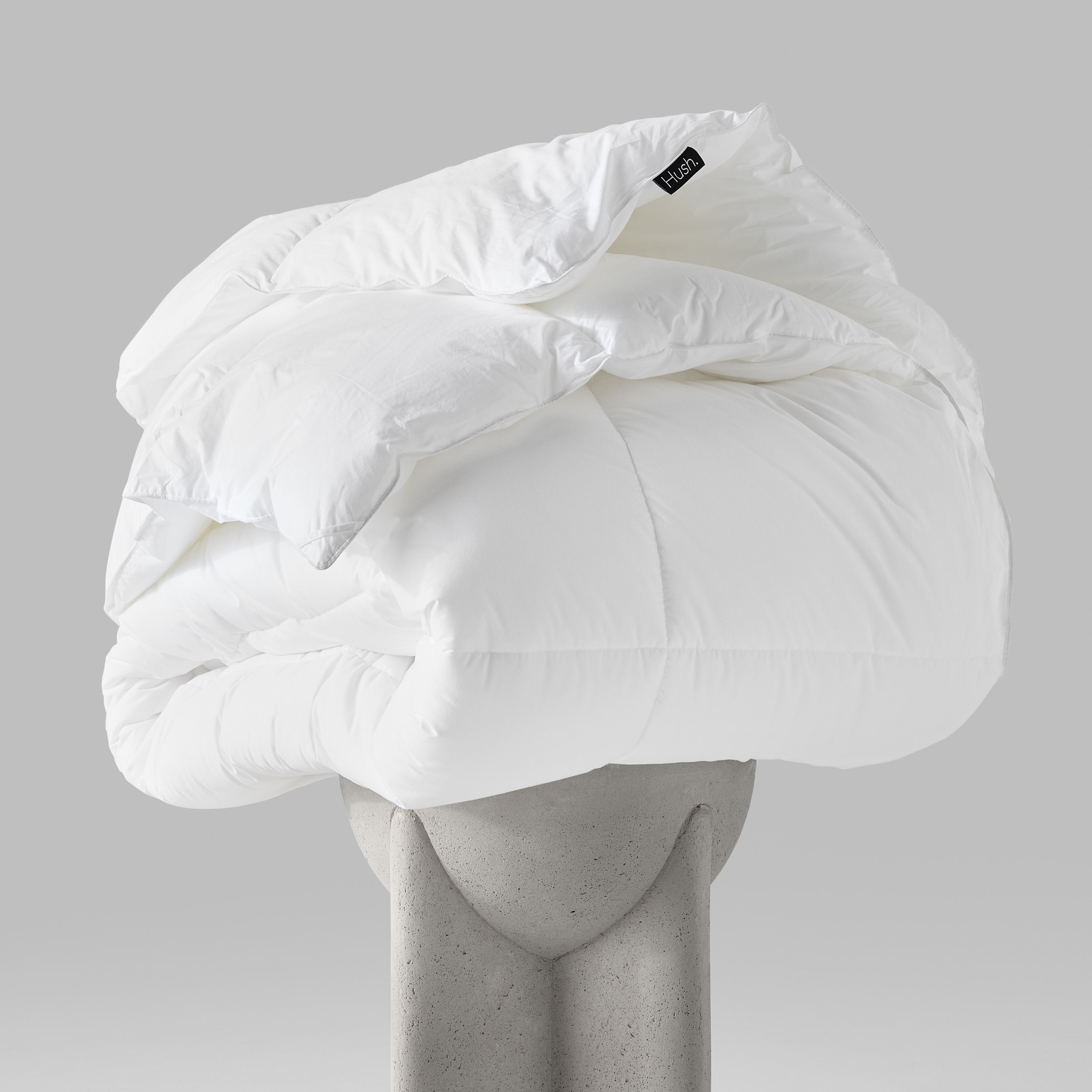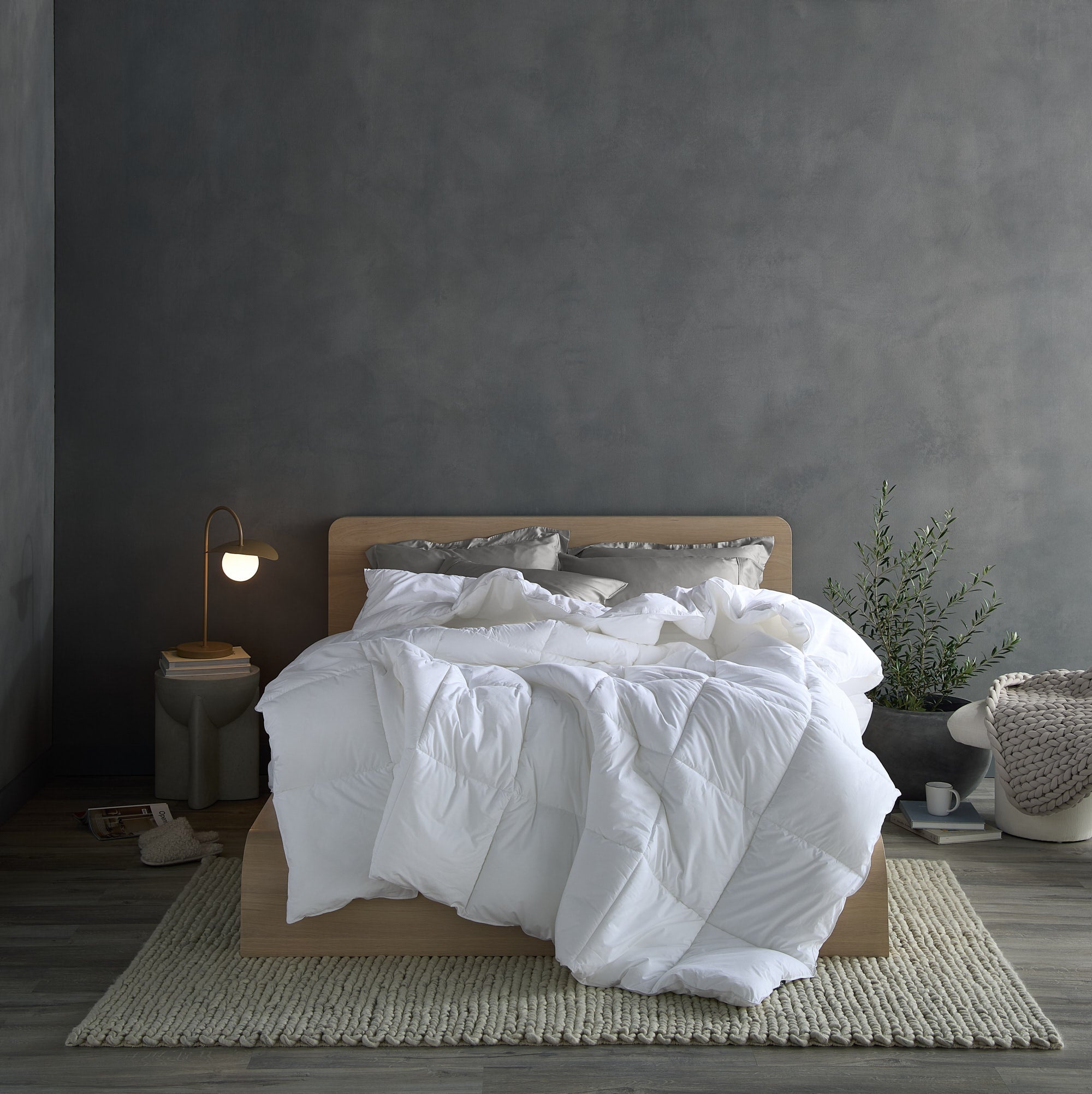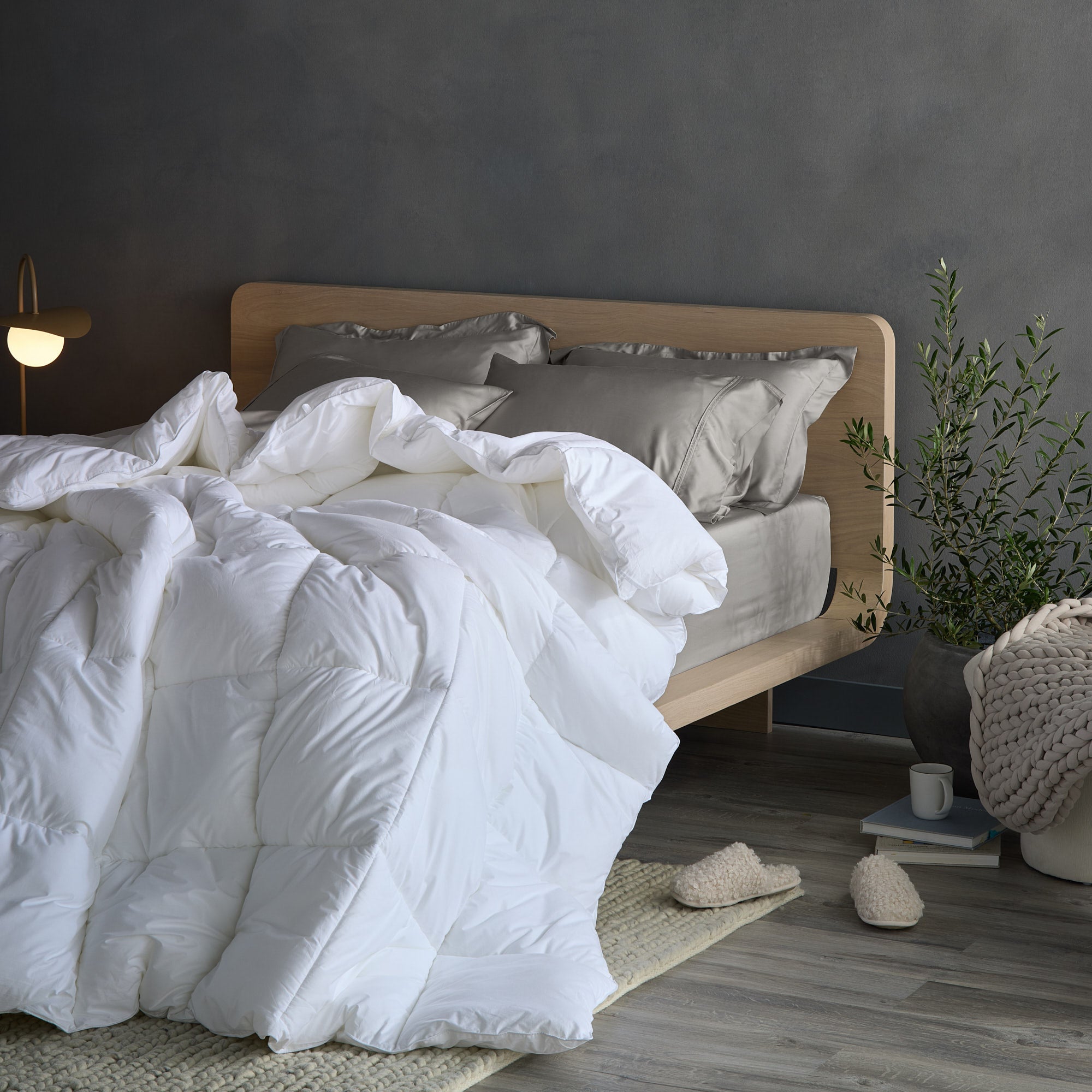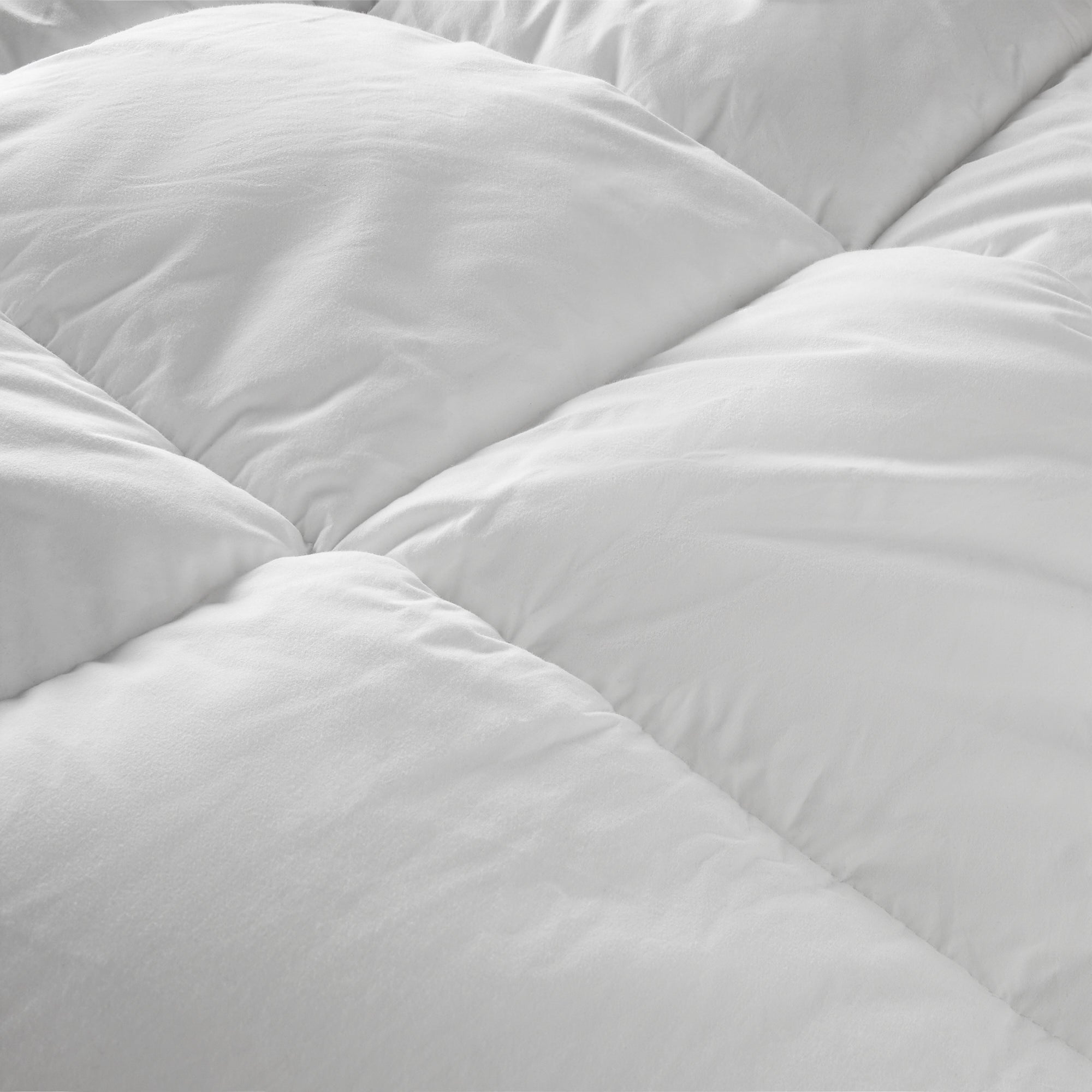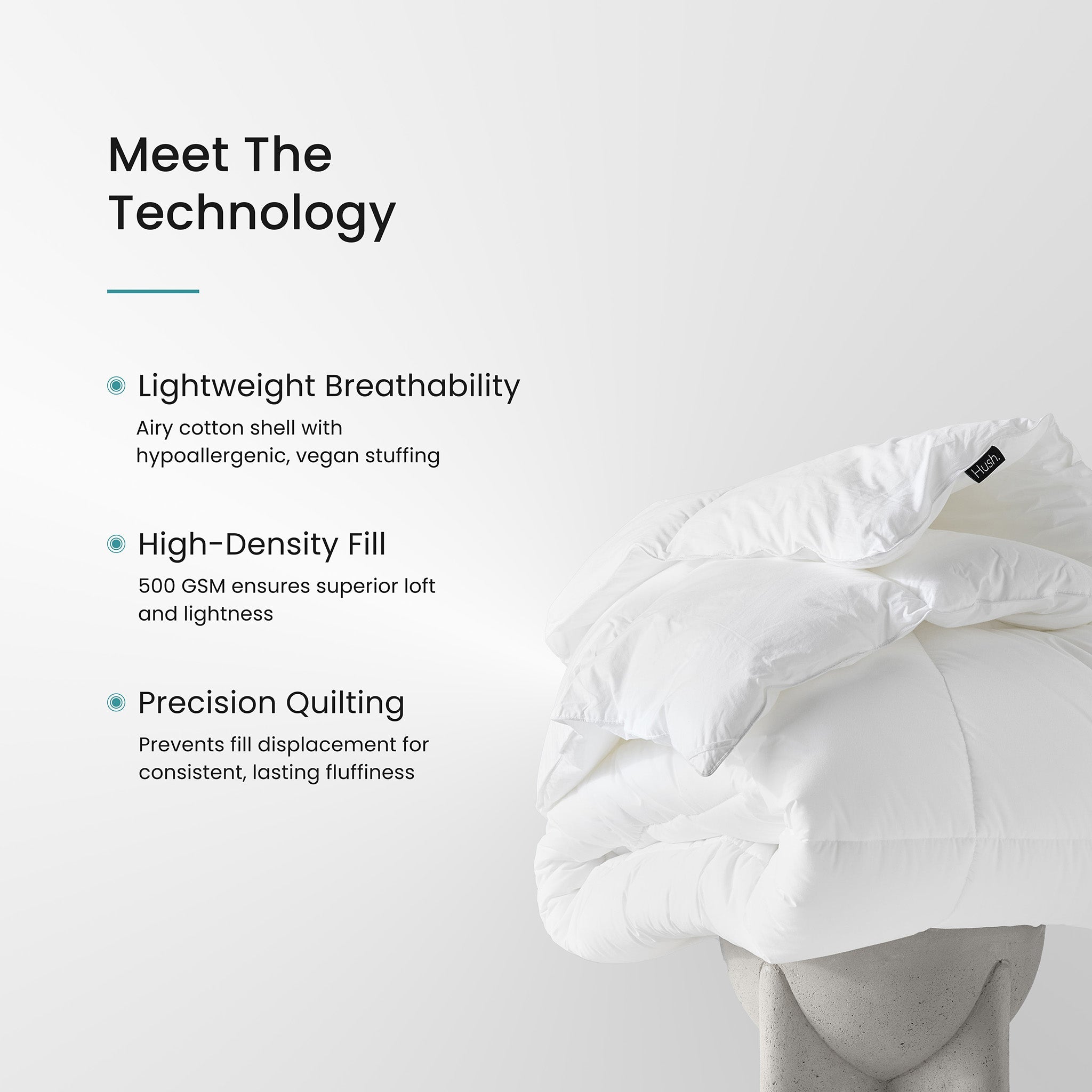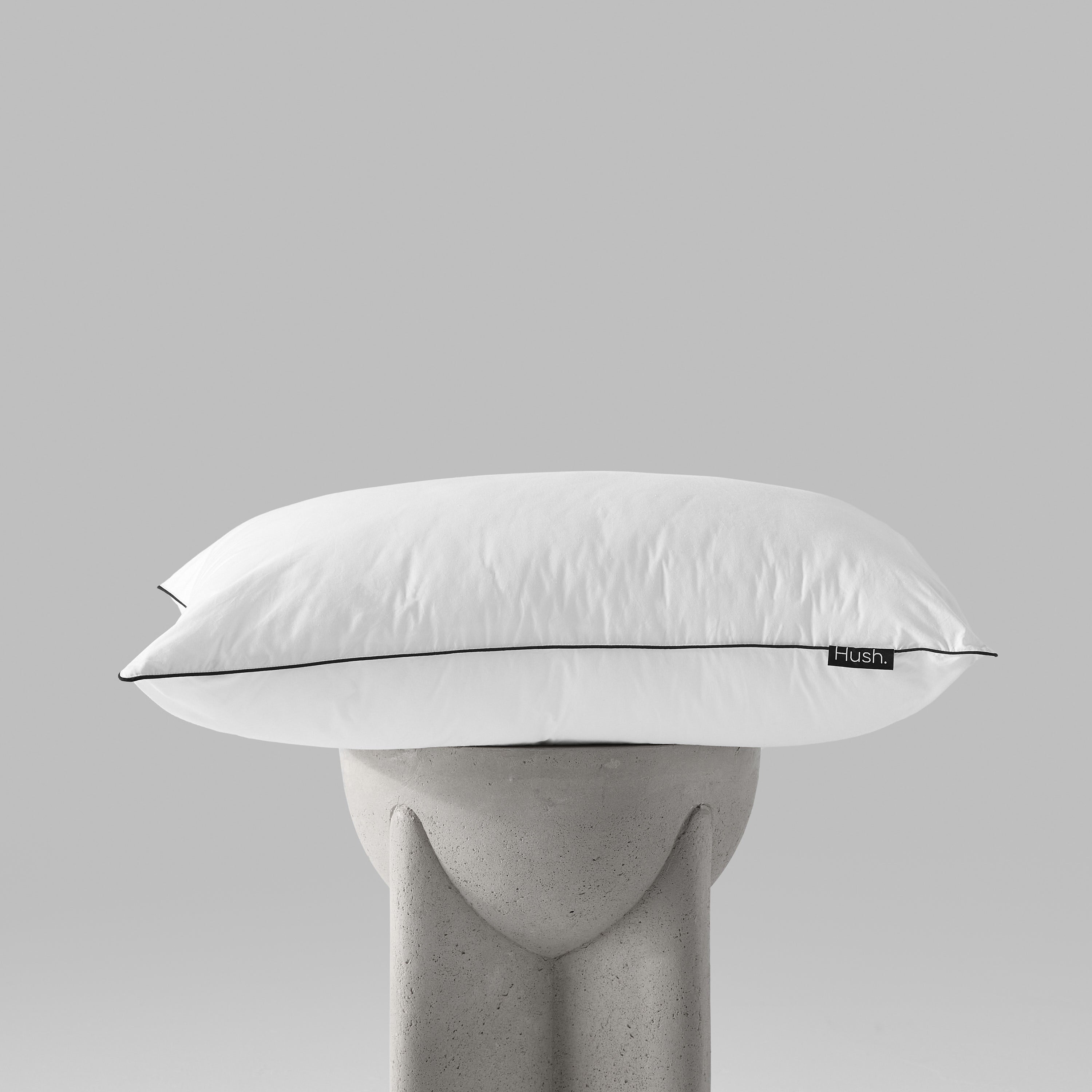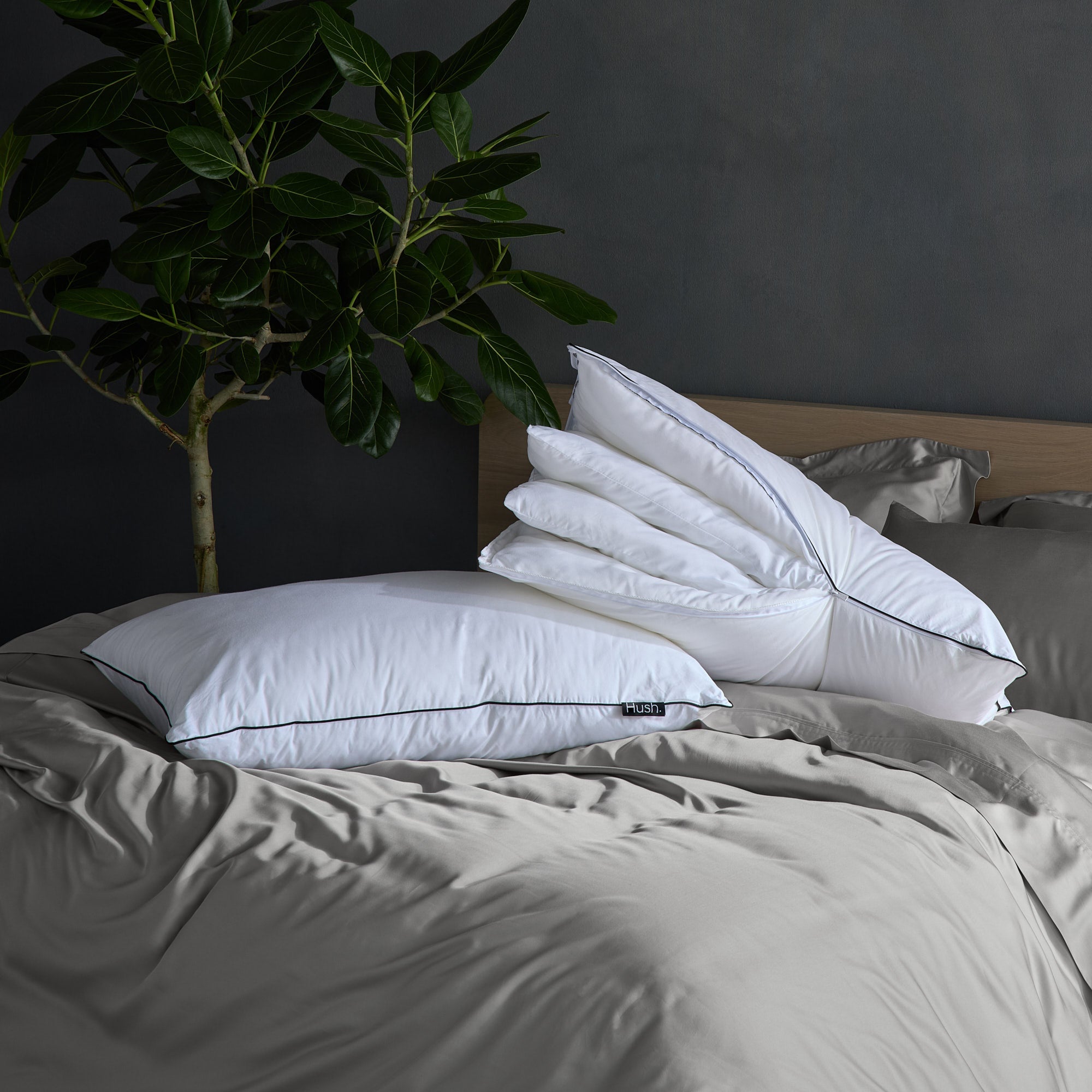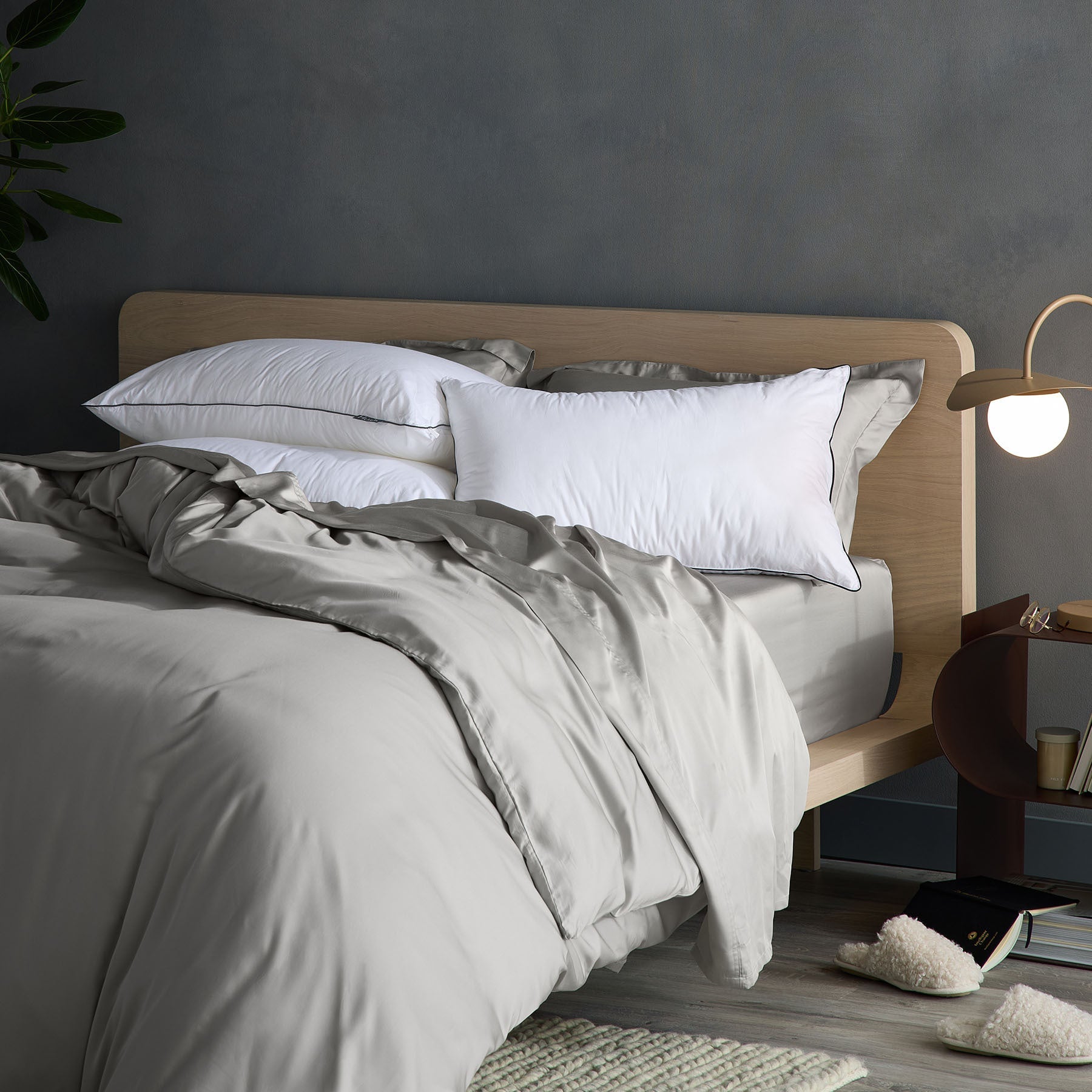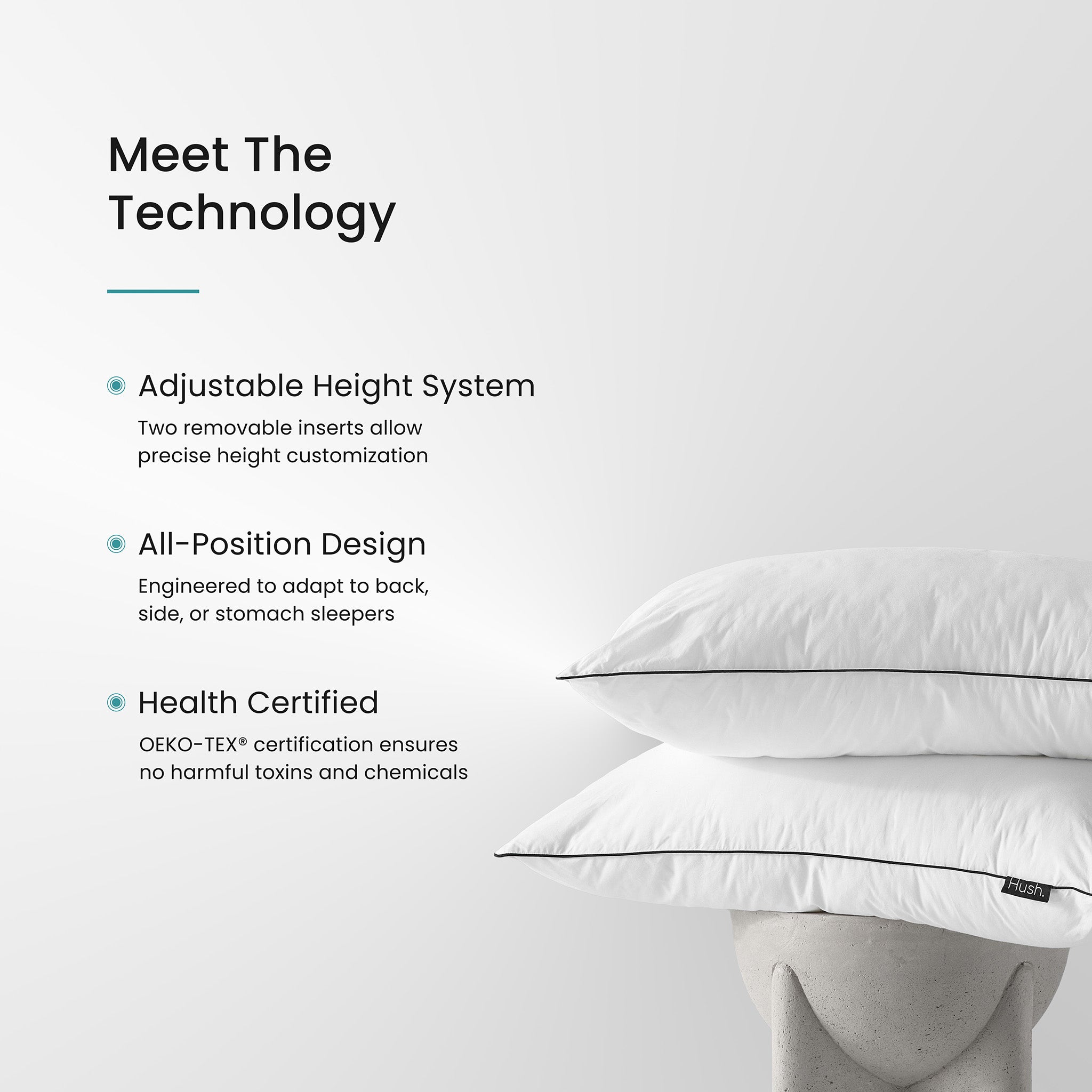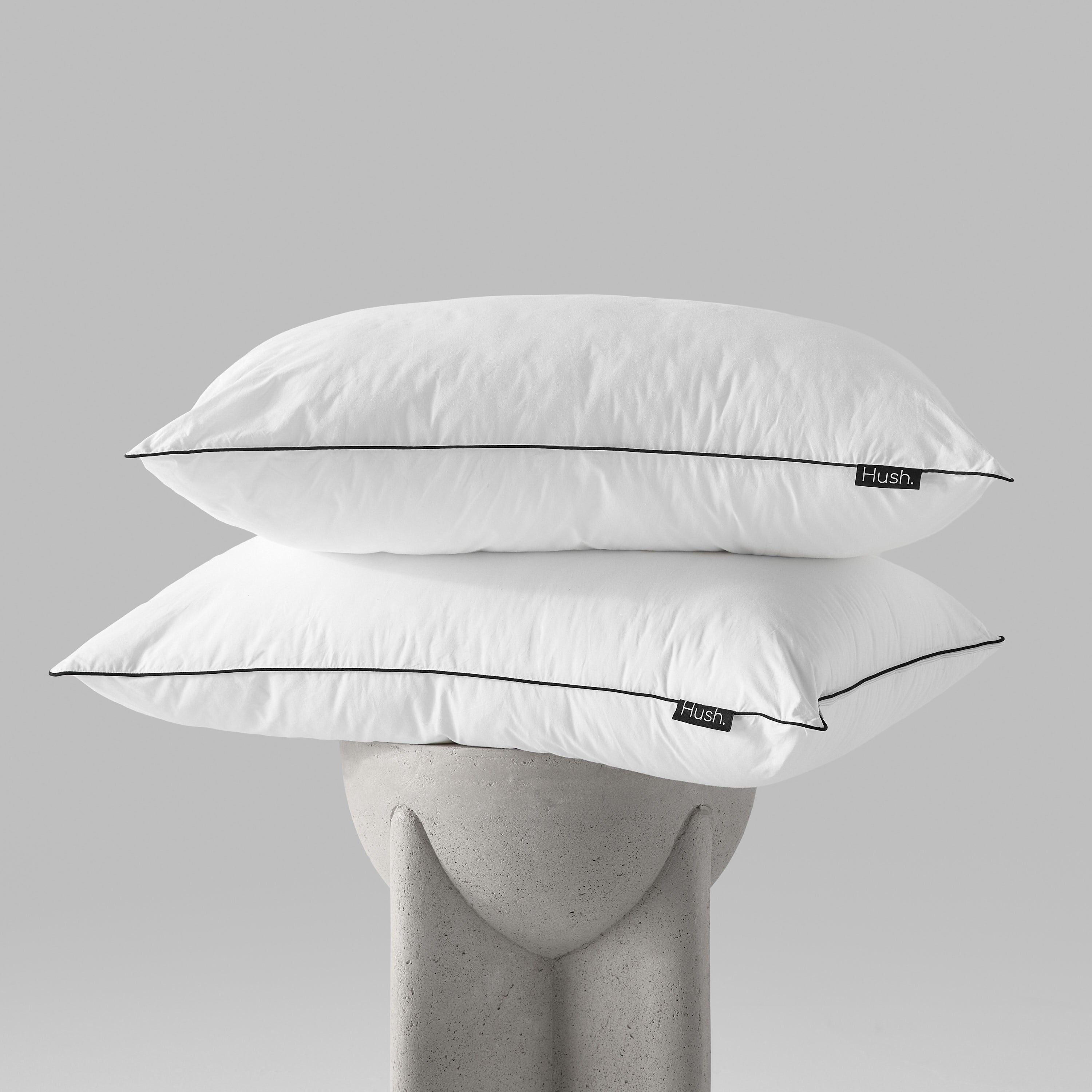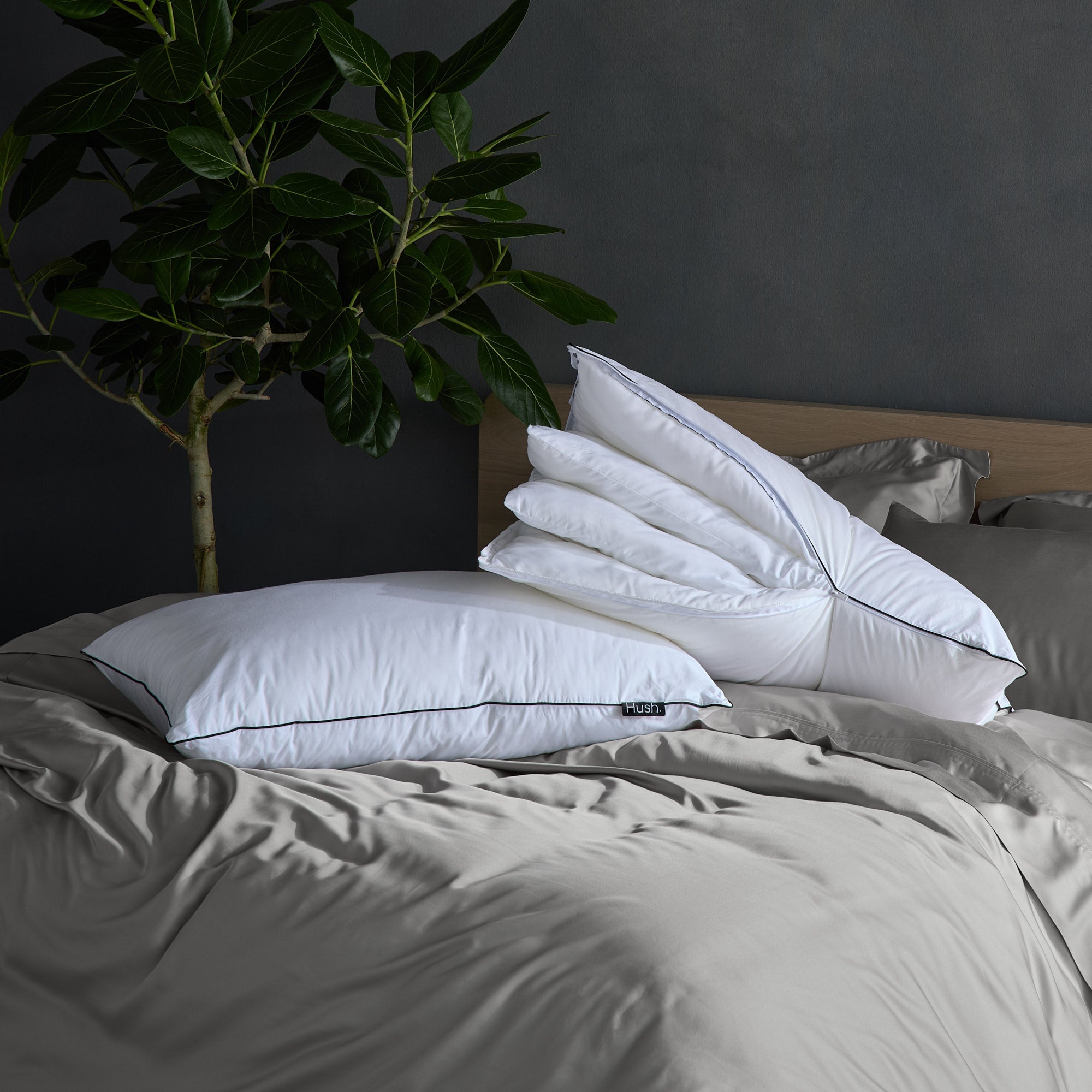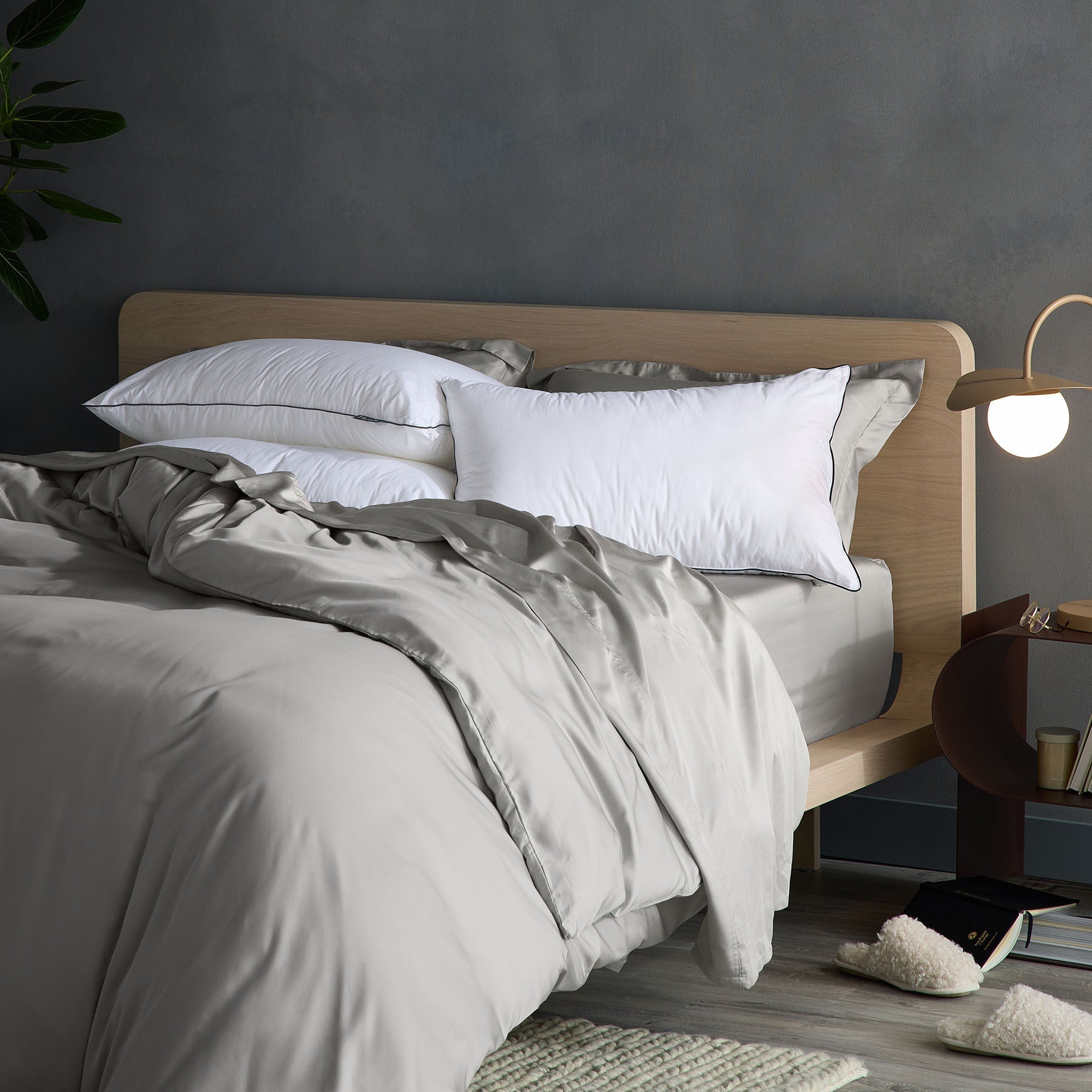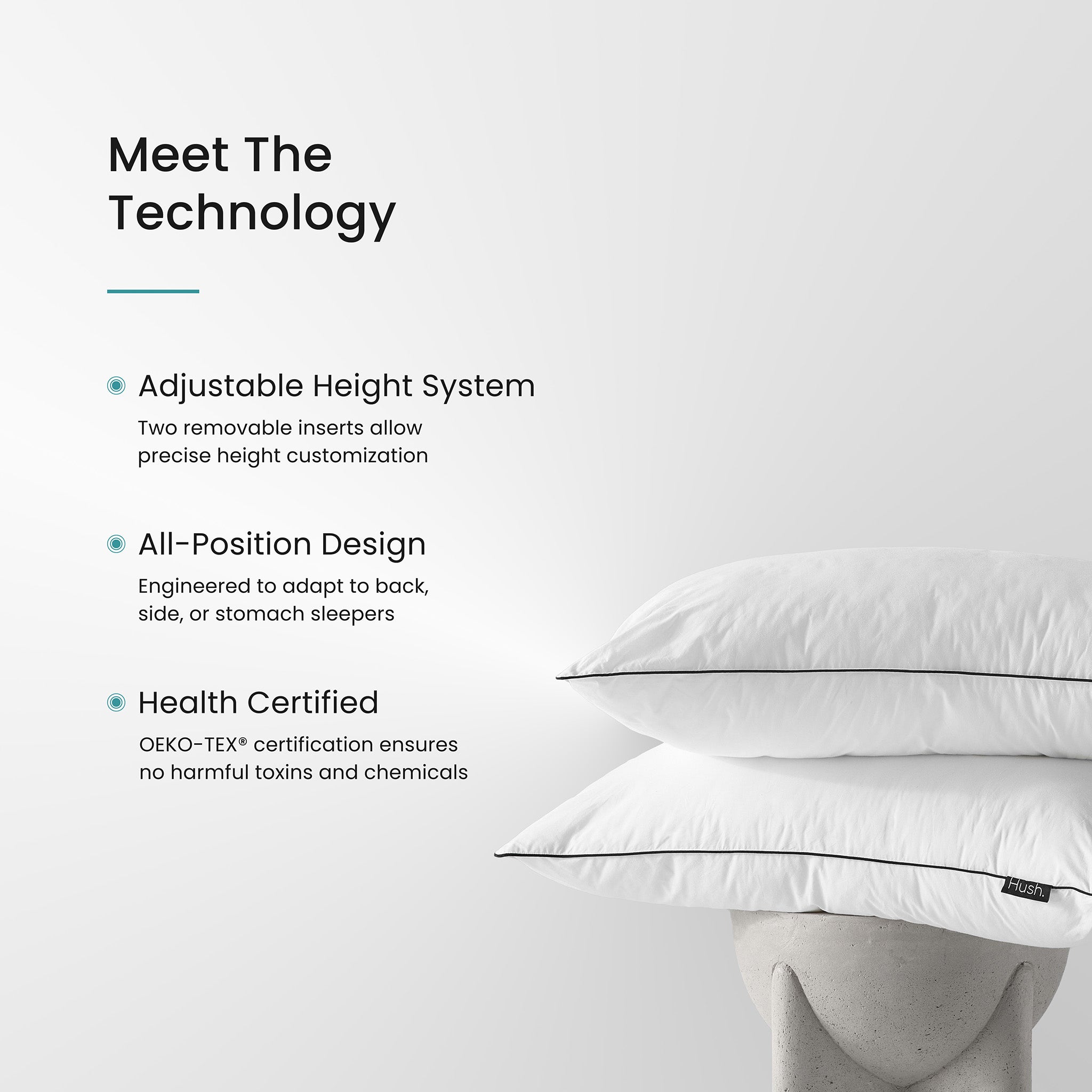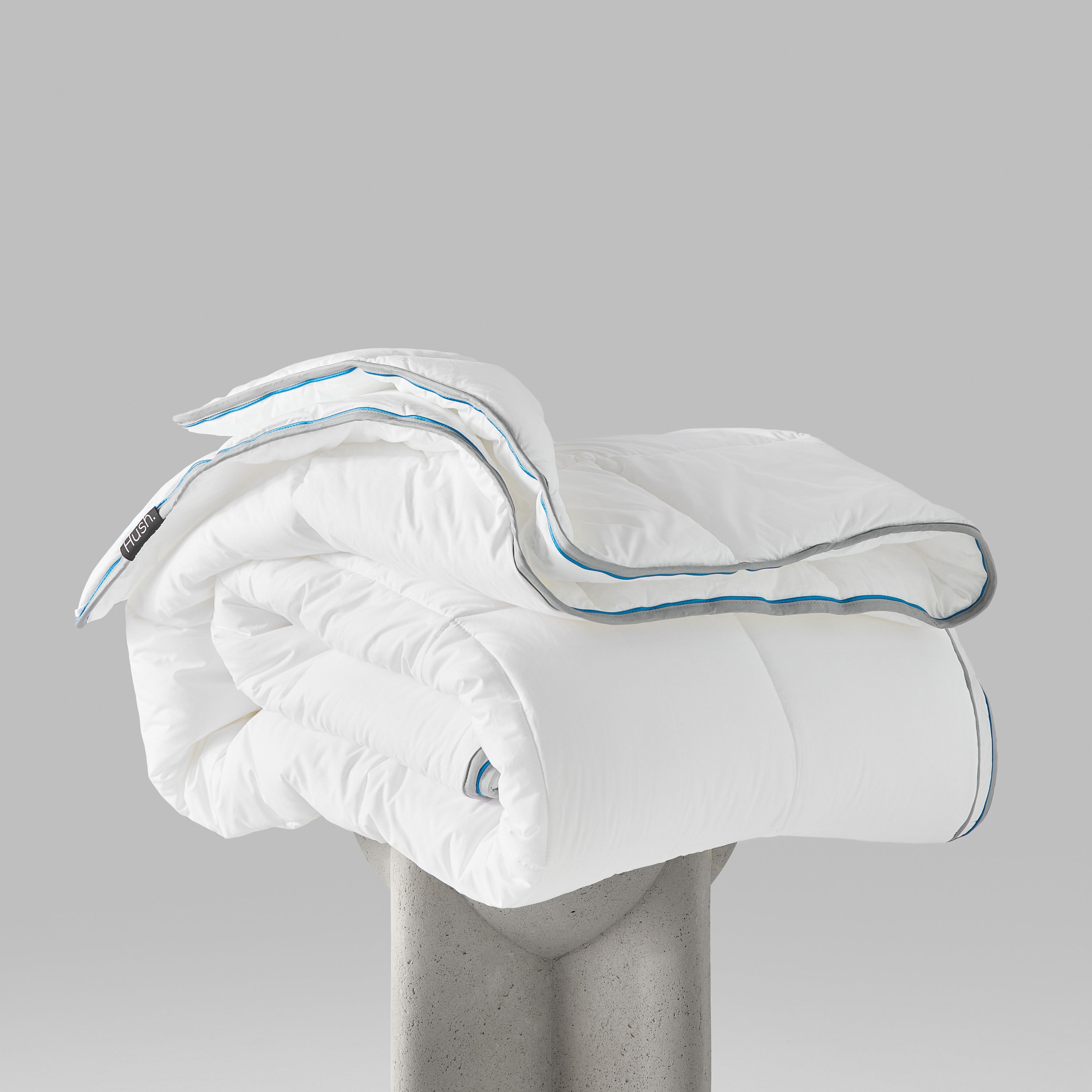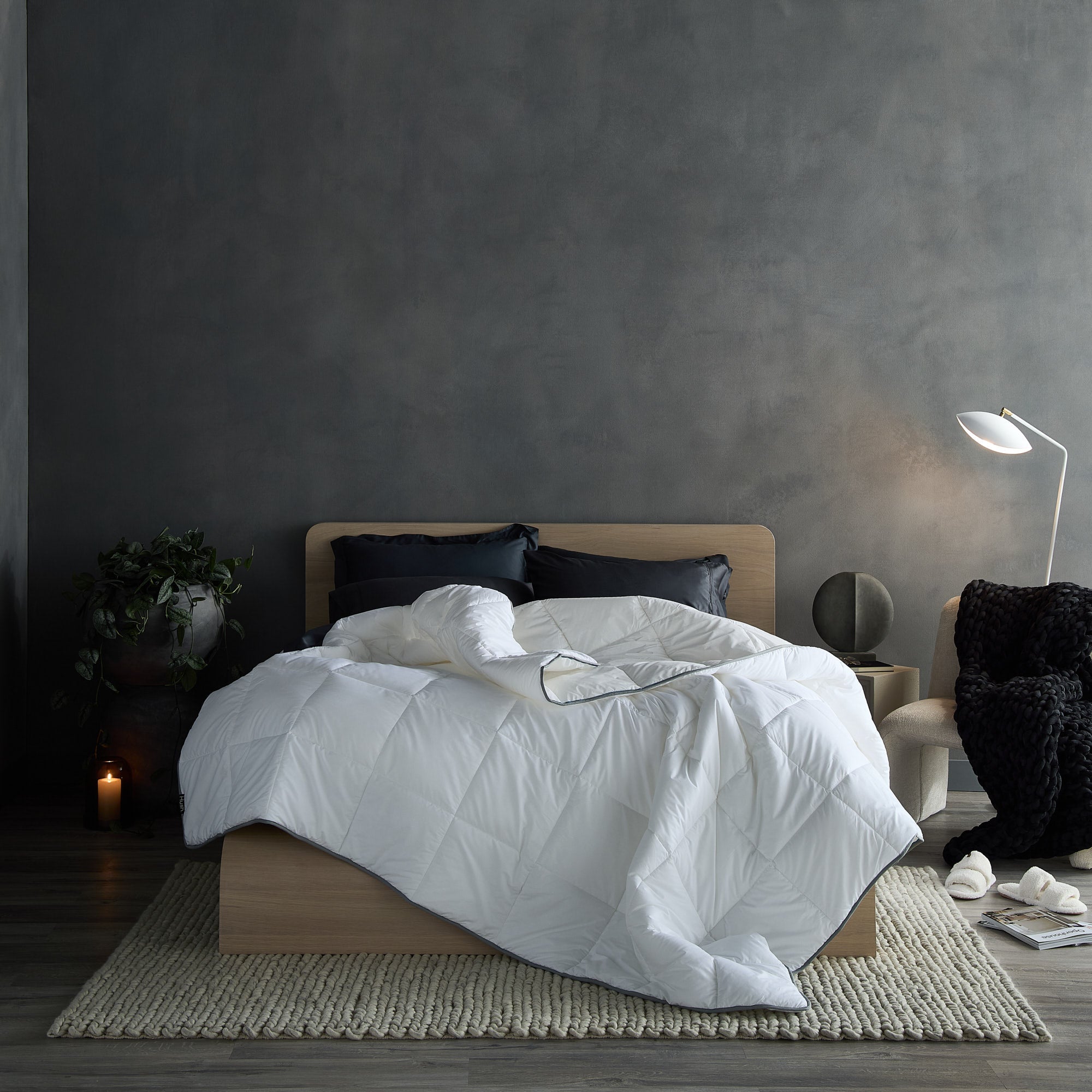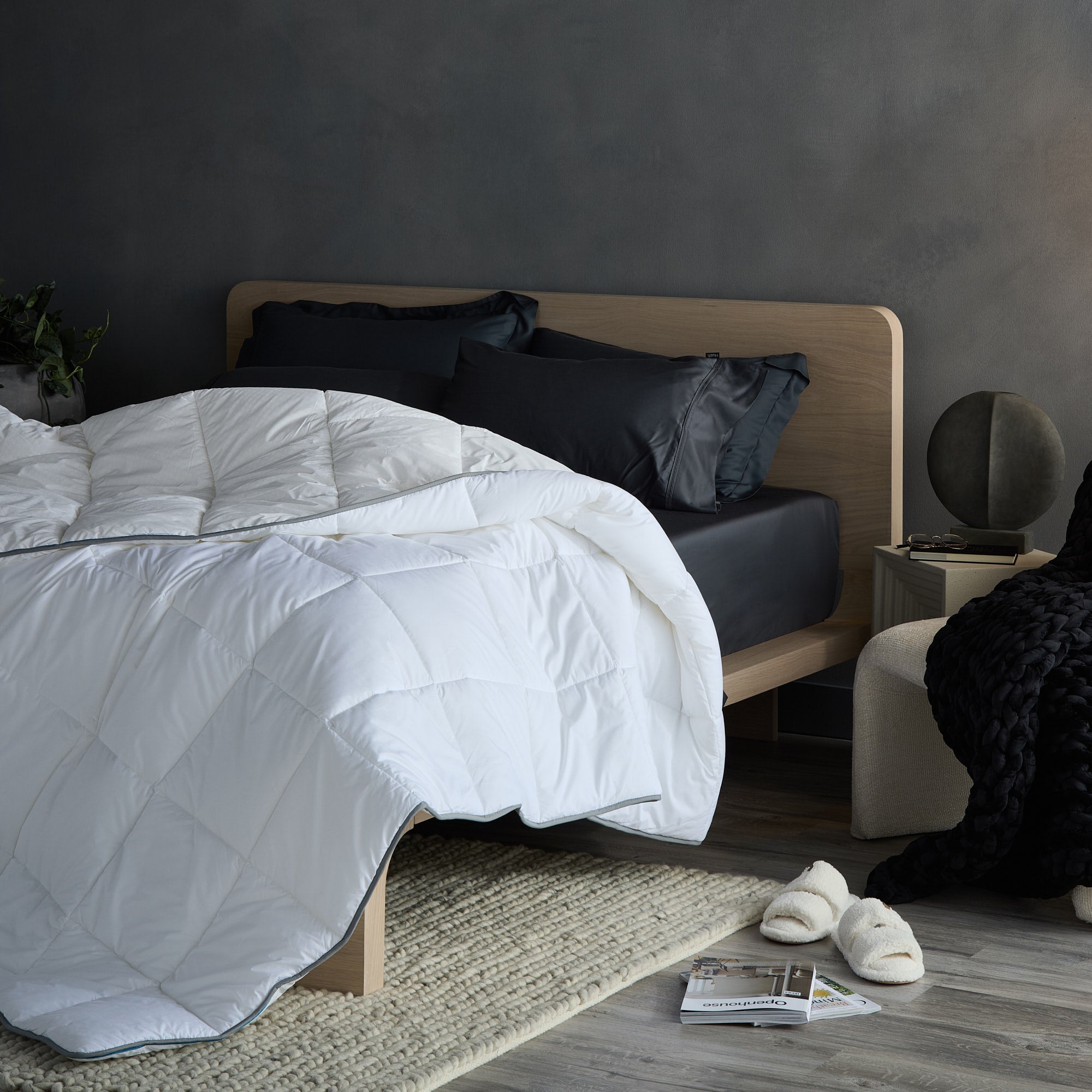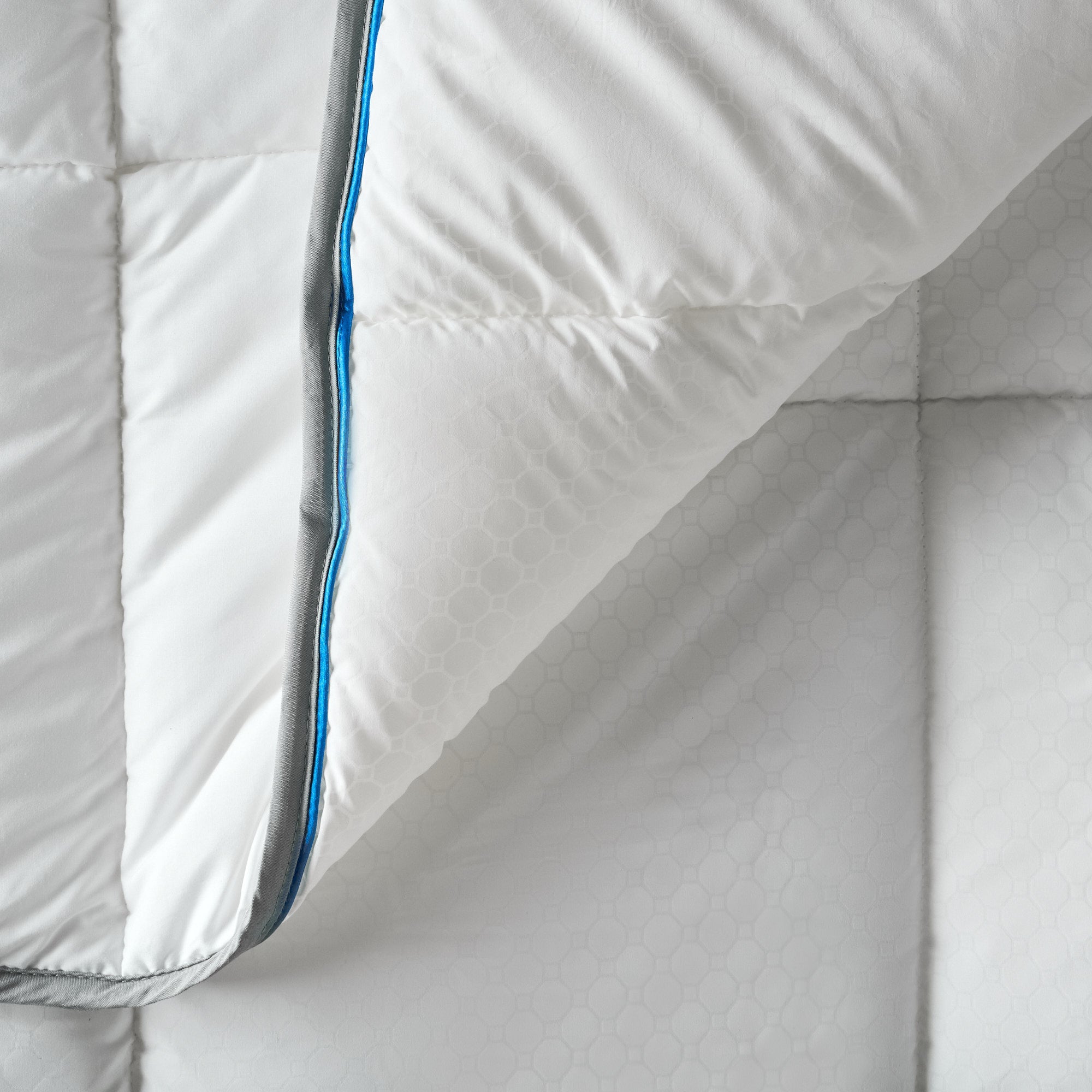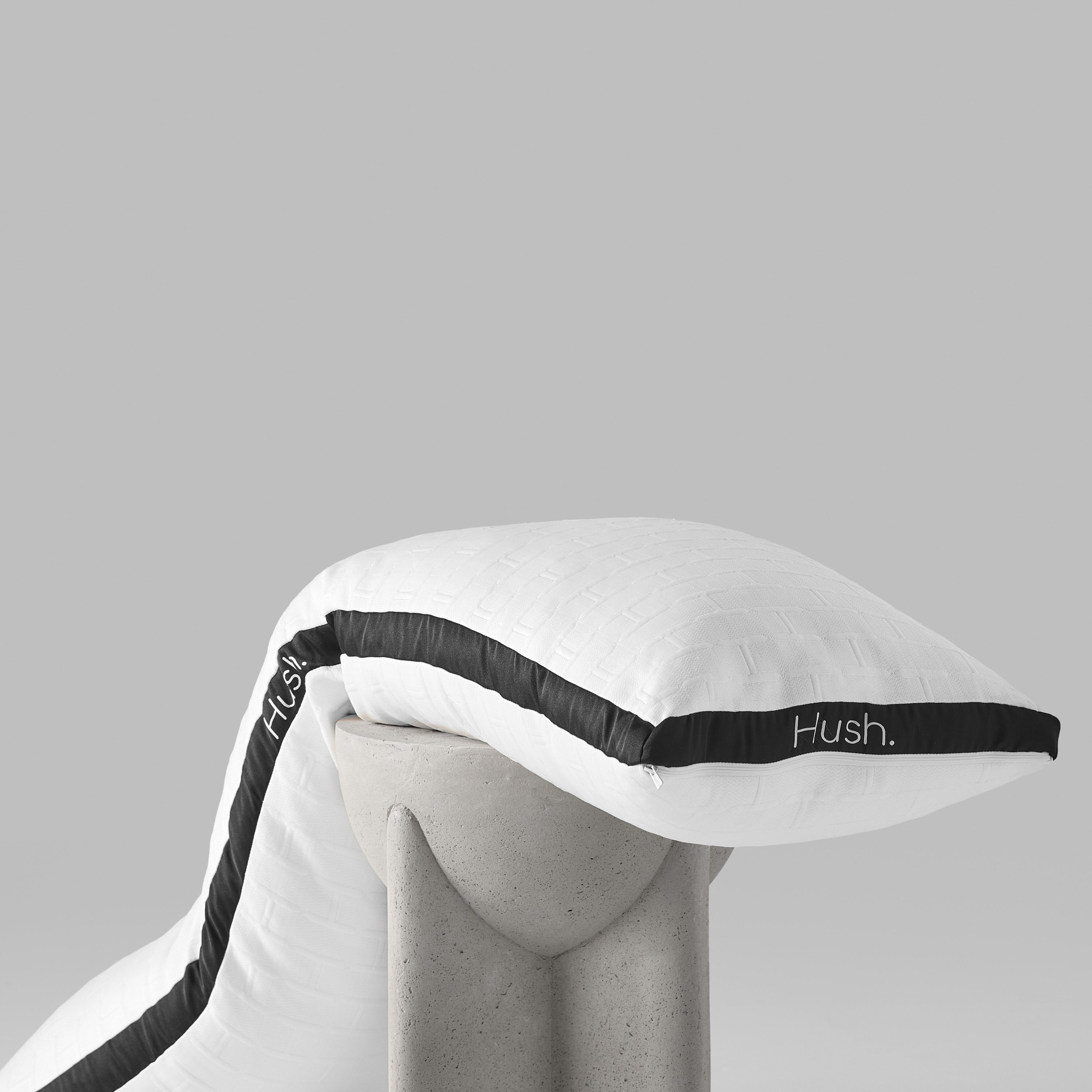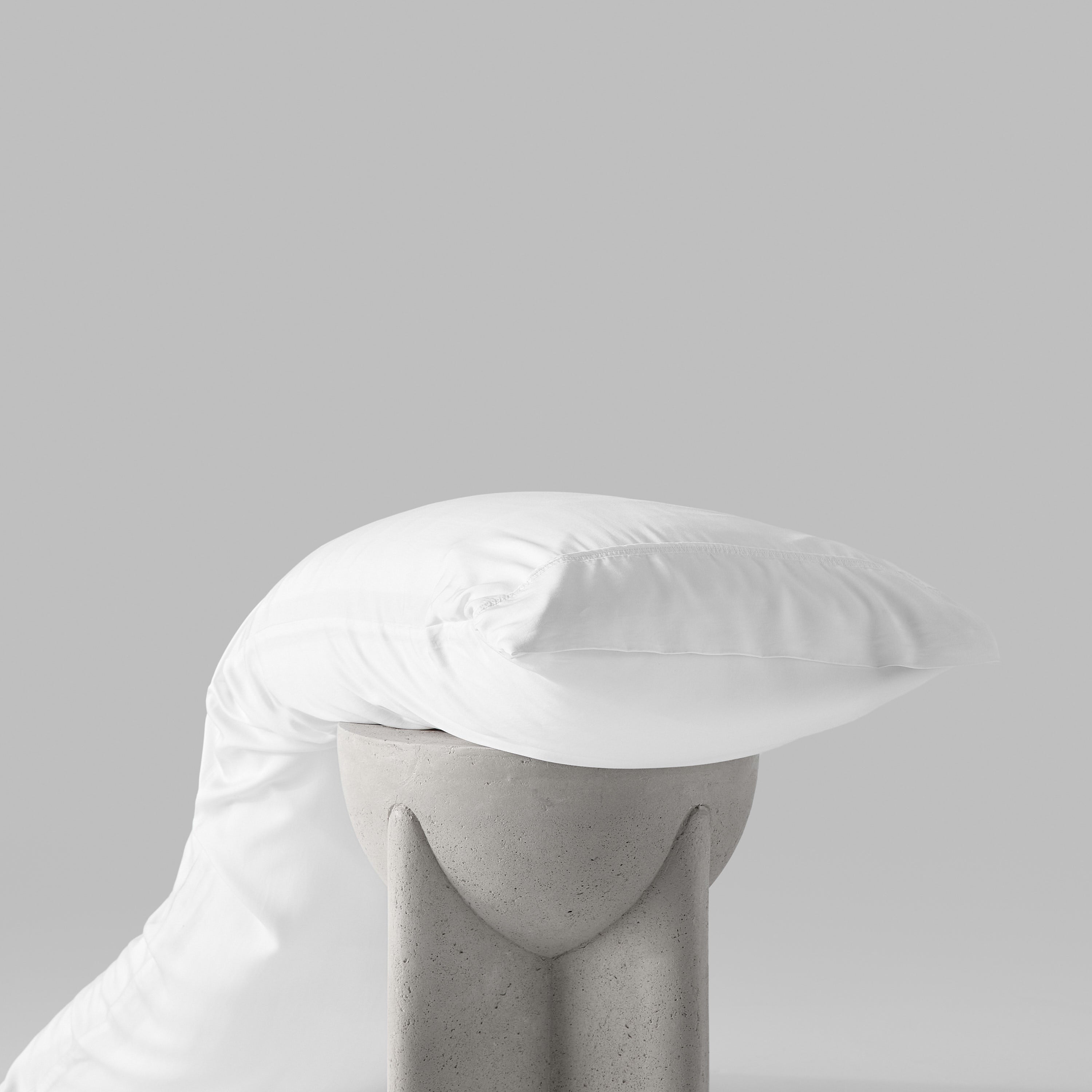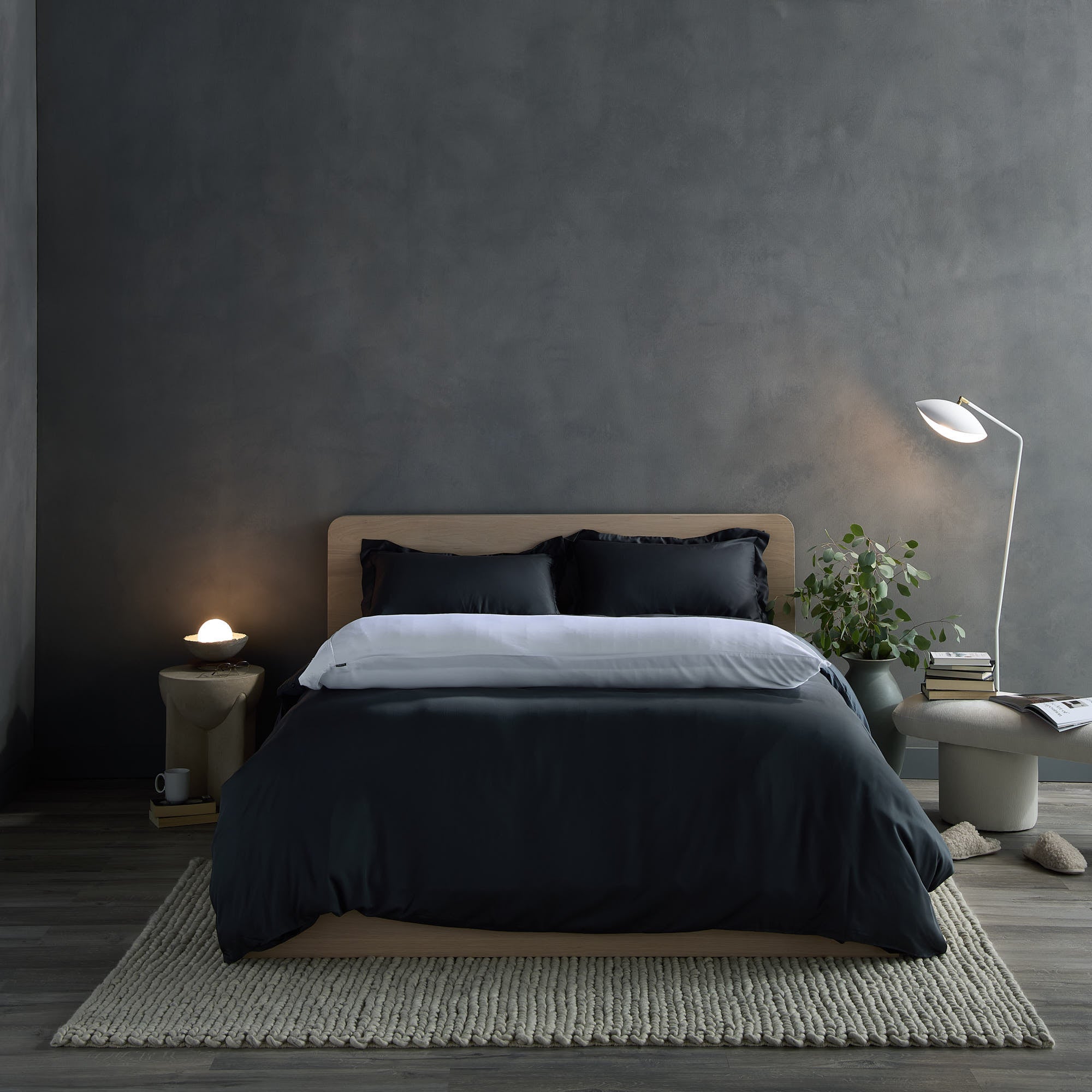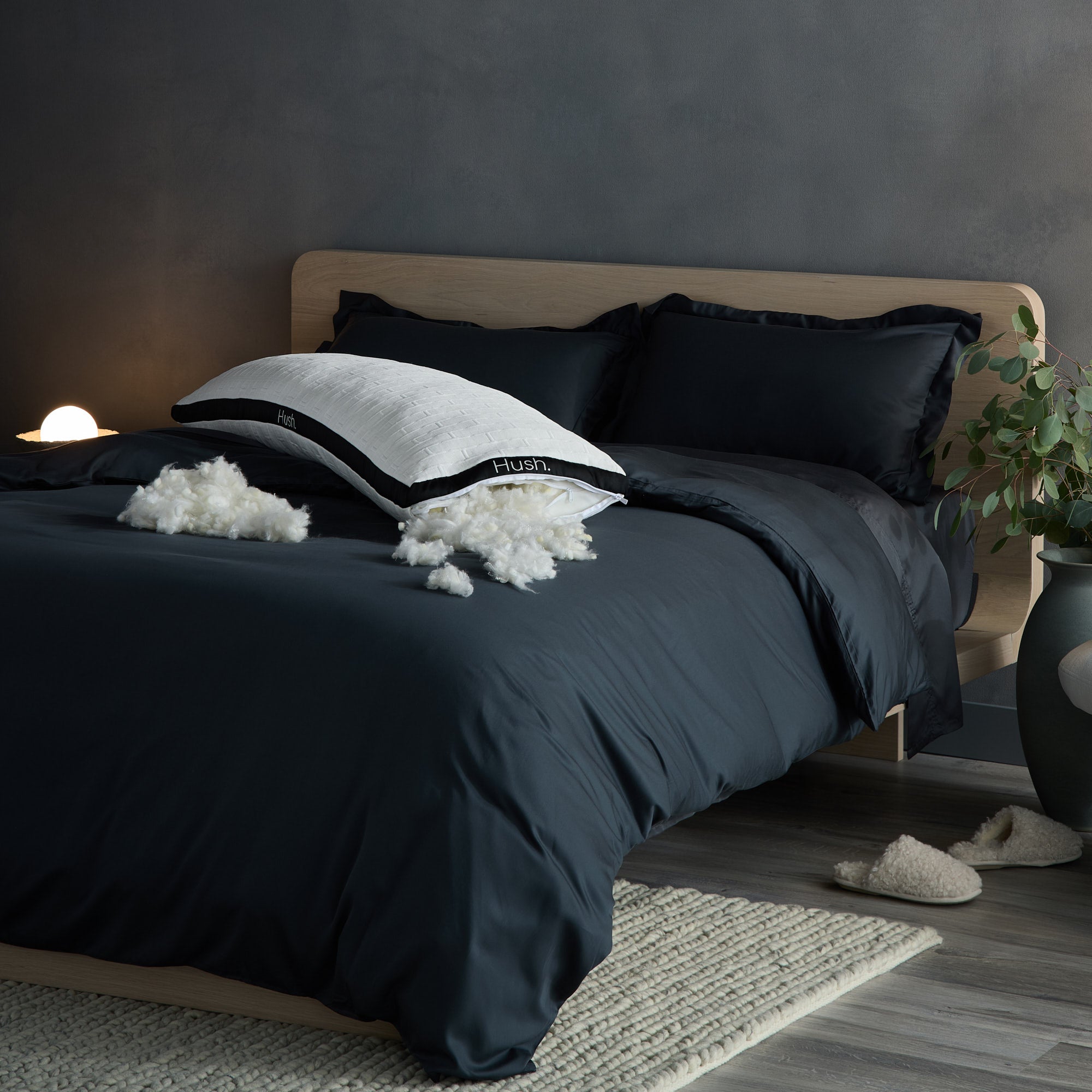For many, the thought of sinking into a plush, cozy bed at the end of a long day is a comforting one - and for some, it’s perhaps the best motivation to help them push through the last few hours of their work day. Yet, for those suffering from allergies, this very solace can turn into a sneezing, itchy-eyed nightmare.
Enter the concept of the anti-allergy duvet: with some fabrics capable of wicking away sweat, keeping away dust and repelling both odours and bacteria, can we really claim that the anti-allergy duvet exists? Let’s take a closer look.
Understanding Allergies
For those who still get confused about why allergies occur, allergies are essentially the body's overzealous reaction to substances it deems harmful - even if they aren't. These substances, known as allergens, can range from pollen and pet hair to specific foods or, indeed, beddings. The body, in its attempt to fend off these 'invaders', releases histamines, leading to symptoms like sneezing, itching, and more severe reactions in some cases (known as anaphylaxis).
Factors like genetics and environmental exposure play a significant role in developing allergies, so while avoiding allergens completely might be impossible, understanding and minimizing your exposure - especially in intimate settings like our beds - can drastically reduce or at least improve the frequency of allergic reactions.
The Relationship Between Your Bedding and Allergies
It might come as a surprise, but our beds can be a hotbed (pun intended) for allergens. Over time, beds can accumulate dust mites, cat and dog hair, mould, and pollen, especially if you like airing out your room - and even the natural shedding of skin cells can attract dust mites, leading to increased allergic reactions.
But it’s not just the accumulated dirt that's the culprit: the very material of your bedding, including sheets and duvets, can either repel or attract allergens. For instance, some fabrics - such as cheap cotton - are more prone to retaining moisture, creating a favourable environment for mould growth and dust mite proliferation.
What is an Anti-Allergy Duvet?
So, what is an anti-allergy duvet and how can it help? Put simply, an anti-allergy duvet is designed to combat and minimize the presence of allergens in your bedding, either through sweat-wicking properties, tightly wound fibres, temperature control, or all three! Here’s how it works:
Materials
Anti-allergy duvets typically employ hypoallergenic materials that naturally repel things like dust and bacteria. At Hush, our duvets are made with OEKO-TEX 100-certified, vegan fibres that both are hypoallergenic and toxin-free; not only does this mean our duvets won’t provoke allergic reactions, but they also don't provide a conducive environment for allergens to thrive.
Temperature Control
Temperature is another key - but often overlooked - aspect of sleep hygiene. When we overheat while sleeping, we end up sweating on our bedding, which can lead to skin irritation, bacteria accumulation, and a thriving environment for allergens. At Hush, our duvets come with an in-built NASA-inspired cooling system, so you won’t heat up when you sleep.
Don’t Forget About the Duvet Cover
While anti-allergy duvets can do great work in combating symptoms, don’t forget that your duvet needs a cover! After all, there’s no point in investing in an allergy-friendly cover only to cover it head to toe in a dust-magnet of a duvet cover! Feel free to explore our various king duvet cover options, all of which are vegan, hypoallergenic and the perfect complement to your anti-allergy duvet.
Can Anti Allergy Duvets Improve Sleep Quality?
Aside from simply helping improve your allergy symptoms, anti allergy duvet covers can even improve your sleep. Studies have consistently shown that allergy symptoms - such as sneezing, hay fever, eczema and asthma - all share a positive correlation with sleep disorders - which means that not only do your allergies disturb your day-to-day life, but could even be impacting your sleep quality without you even knowing. By opting for bedding that eliminates your allergy triggers, you can begin to enjoy deeper, more restful REM sleep.
The Verdict
So, is an anti allergy duvet worth it? We absolutely think so! With an anti allergy duvet cover set, you’re not only improving your allergy symptoms but also investing in your sleep, which is absolutely crucial for both your physical and mental wellbeing.
However, while anti-allergy duvets are effective, they're not a standalone solution. If you suffer from chronic or severe allergies, these types of duvets will work best in conjunction with other hypoallergenic bedding, regular cleaning, and specific lifestyle changes. For example, you could try ensuring your room is free from excess dust by using an air purifier, and keep your pets off your bed.
FAQs
Can an anti-allergy duvet completely eliminate my allergic reactions at night?
While an anti-allergy duvet can significantly reduce allergens, it might not completely eliminate allergic reactions, especially if there are other allergen sources in your bedroom. It’s a piece of the puzzle, not the complete solution - use it to improve your allergy symptoms.
How often should I wash my anti-allergy duvet?
For best results, it's advisable to wash your duvet every two to three months. However, always check the care label, as washing frequencies might differ based on the materials and construction.
How long does an anti-allergy duvet last?
With proper care, an anti-allergy duvet can last several years. Over time, however, its effectiveness might reduce, so it's a good idea to consider replacing it every 5-7 years.

